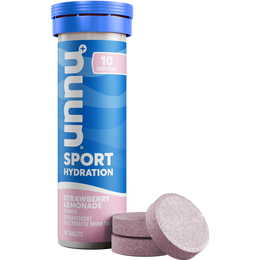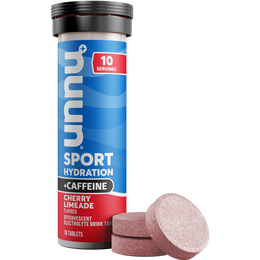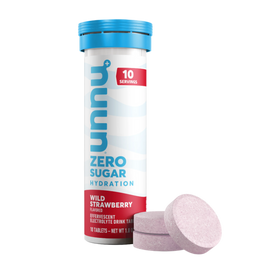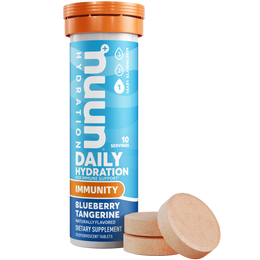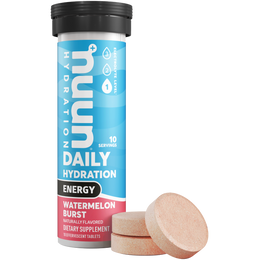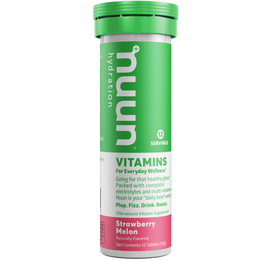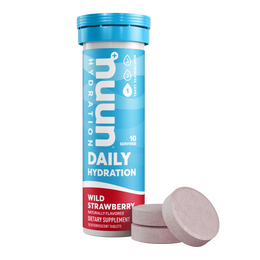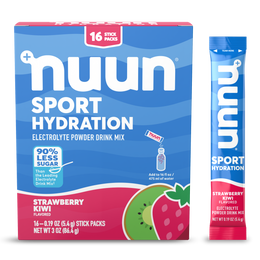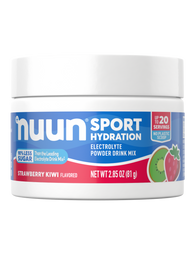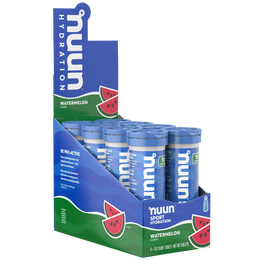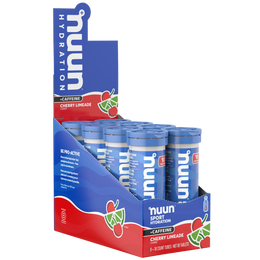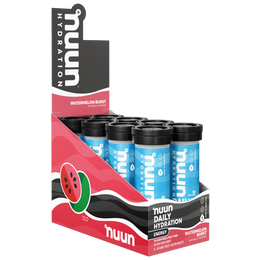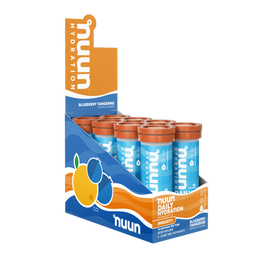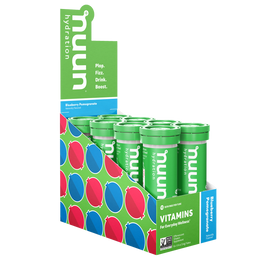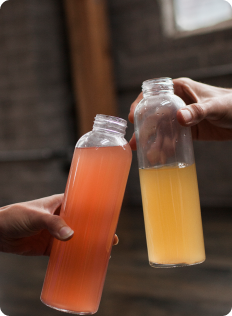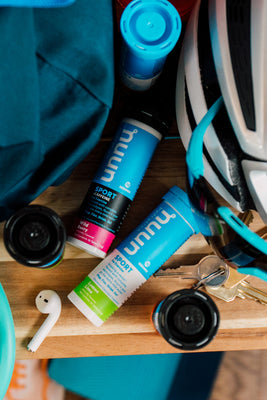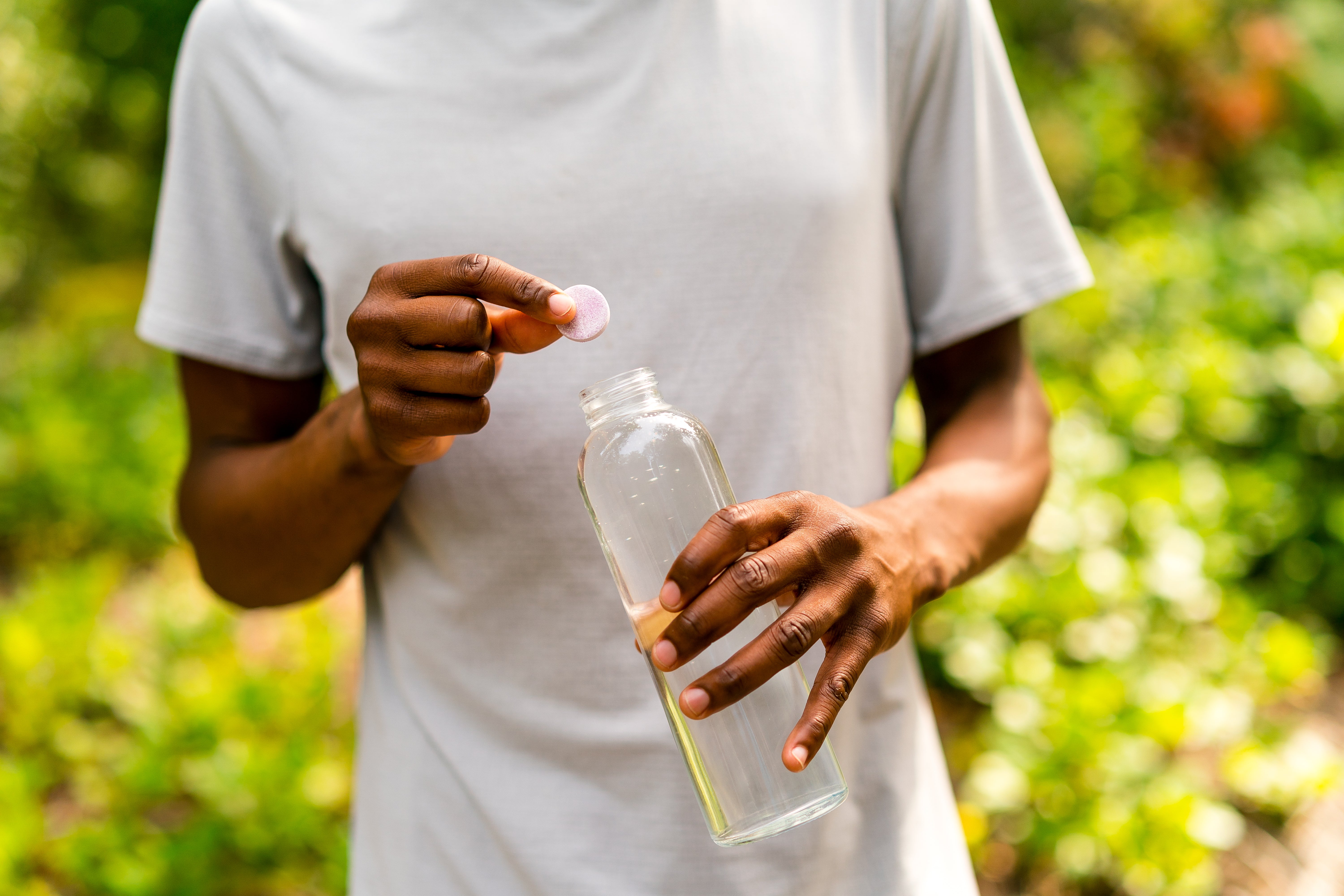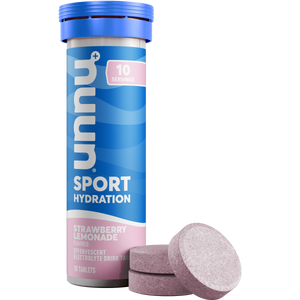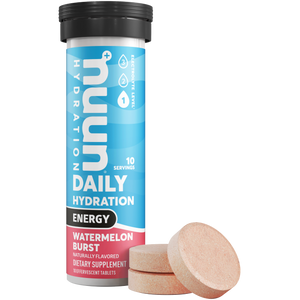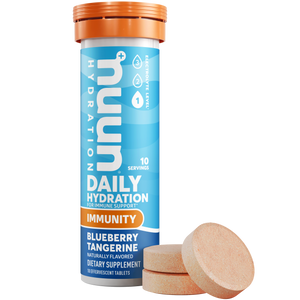Sleep hygiene is an umbrella term for the routines you take part in before bed. Though the term sleep hygiene has been in use by sleep study professionals for many years, recently, improving your sleep hygiene has become a hot topic for wellness and lifestyle blogs. This extra attention to sleep hygiene improvement has led to an explosion of sleep tips and tricks but we wanted to distill all this emerging information on sleep hygiene and give our readers information on sleep hygiene backed by science.
The Science of Sleep Hygiene
A clever Redditor recently observed that “In order to fall asleep you have to pretend to be asleep.” While this shower thought has a sort of whoa dude obviousness to it, for many who struggle to fall asleep quickly there’s so much more than just laying down, closing your eyes, and waiting for the morning. In short, sleep is not a passive process for your body and mind. There are stages, cycles, and physical processes involved in a full night’s sleep. While you might find yourself in bed resting with your eyes closed, that doesn’t mean that you’re getting the full benefits of a full sleep cycle. And take note—the benefits of a good night’s sleep are plentiful.
Sleep restores muscles, locks in memories, encourages brain plasticity, and regulates the metabolism. People who don’t get enough sleep see sharp declines in cognitive function and fine motor skills. To encourage your mind and body to reap the full benefits of a good night’s sleep we have some sleep hygiene suggestions that are easy to incorporate into your life.
Set Yourself Up for Sleep Success
If getting a good night’s sleep is important to you, then treat it like any other major priority. Plan ahead, block off time, get the supplies you need, take care with your routine, and follow through with your plans. The first step in setting yourself up for sleep success is scheduling. Simply put, give yourself a bedtime and a morning alarm. Plan for a solid eight hours, recognizing that it might take some practice to work up to sleeping soundly for that entire duration. Still, once you have the time intentionally set aside, you’ll be less likely to stay up late binging that new show (or just watching The Office again). Set a reminder on your phone for when you should be in bed and set a slightly earlier reminder for when you should start the sleep hygiene process. Also take care to make your bedroom a calm and inviting place. Your bed should be reserved only for sleeping. Avoid doing work, watching tv, or eating dinner in your bed. The idea behind this bed regulation is that you should condition yourself to associate getting into bed as a signal that it’s time to sleep.
Your Nighttime Sleep Hygiene Routine
Start with a list. What are the things you need to do before hitting the hay? Brushing your teeth, washing your face, laying out your clothes for the next day, taking the dog out for a last potty break… All these essentials are the foundation of a good sleep hygiene routine, but chances are you’re already doing them (‘cause they’re essentials, duh). What transforms your nighttime obligations into a sleep supporting routine is the routine part. Consider the tasks at hand, and plan what order it makes the most logical sense to do them before bed. This is really just the beginning though. To truly establish a relaxing sleep hygiene routine, you need to incorporate more than just the basic care rituals. In the hour before bed, consider the following additions to your sleep hygiene
- Reading a book
- Meditating or journaling
- Taking a warm bath or shower
- Doing some light stretching
- Listen to soothing music
The Don’ts of Better Sleep Hygiene
Since we’ve shared some of the best practices of better sleep hygiene, now we need to share some of the things to avoid to get to sleep quickly and easily. First of all, you should be aware that the two-hour window before your bedtime is the most crucial in your day to making sleeping easier. With that said, there are a few things you can work on during the day to make your nighttime routine easier. Avoid long naps. If you need to nap, limit it to under thirty minutes as anything longer can make it harder for your body to wake back up and get back to bed later in the day. Avoid sugar, caffeine, alcohol, and heavy foods in the two hour window before bed. Personal experience may tell you relegate caffeine intake to only before noon. Put down your phone and avoid screens for at least an hour before bed—this gives your eyes a break from the blue light which can also trick the brain into thinking it’s earlier in the day than it actually is. There are several apps you can install on your phone or computer to tone down the blue light as it gets later in the day, but avoiding screens altogether is probably best for your evening relaxation.
Sleep Supplements for Sleep Hygiene
For some of us, no matter how many warm baths or “chill vibes sleepy piano music” playlists we listen to, when it comes time to hit the hay our minds kick into gear and sleep eludes us. For those with serious sleep disorders prescription sleeping aids might be necessary, but for the rest of us there are a myriad of over-the-counter sleep supplements. But how can you be sure which option is right for you? Sedative Antihistamines (things like Benadryl or Unisom) are widely available but have been noted to cause daytime side effects like drowsiness, dizziness, constipation, and dependency. Melatonin is a hormone that occurs naturally in your body, and when taken as a supplement some studies suggest it can reduce the amount of time it takes to fall asleep. Valerian is made from the root of the valerian plant, and while some people take it as a sleep aid, very few benefits have been demonstrated in clinical settings. The plus side of the lack of demonstrable effects is that there are no reported side effects, so that’s nice.
One ingredient that has been getting a lot of attention recently in the sleep supplement sphere is Tart Cherry. Tart Cherry extract (like what’s found in Nuun Rest) encourages the body’s natural relaxation functions, including the internal production of melatonin. Magnesium is also important for sleep, especially if you experience muscle fatigue or cramps. Most average diets don’t contain enough Magnesium, and magnesium deficiencies have detrimental effects of recovery and repair of the body. For this reason, Nuun Rest also contains a full serving of Magnesium. We might be biased, but we think that Nuun Rest makes a great addition to your sleep hygiene routine. Enjoyed hot or cold, it’s a great nighttime beverage to help you relax and hydrate before bed.

Ready, Set, Sleep!
Now that you have the facts about sleep hygiene it’s time to put them to use. Take time today to plan out your new sleep hygiene routine to try tonight, but remember—it might take a few iterations and experimentation to find out what sleep hygiene routines work best for you. Keep trying, and don’t be disheartened if you don’t see immediate radical changes to your sleep duration or quality. Like many other physical skills, it takes practice for our body to acclimate to new demands.
Do you have a special nighttime routine? Are there things you’ve tried to improve your sleep quality? Share your experiences in the comments below!
